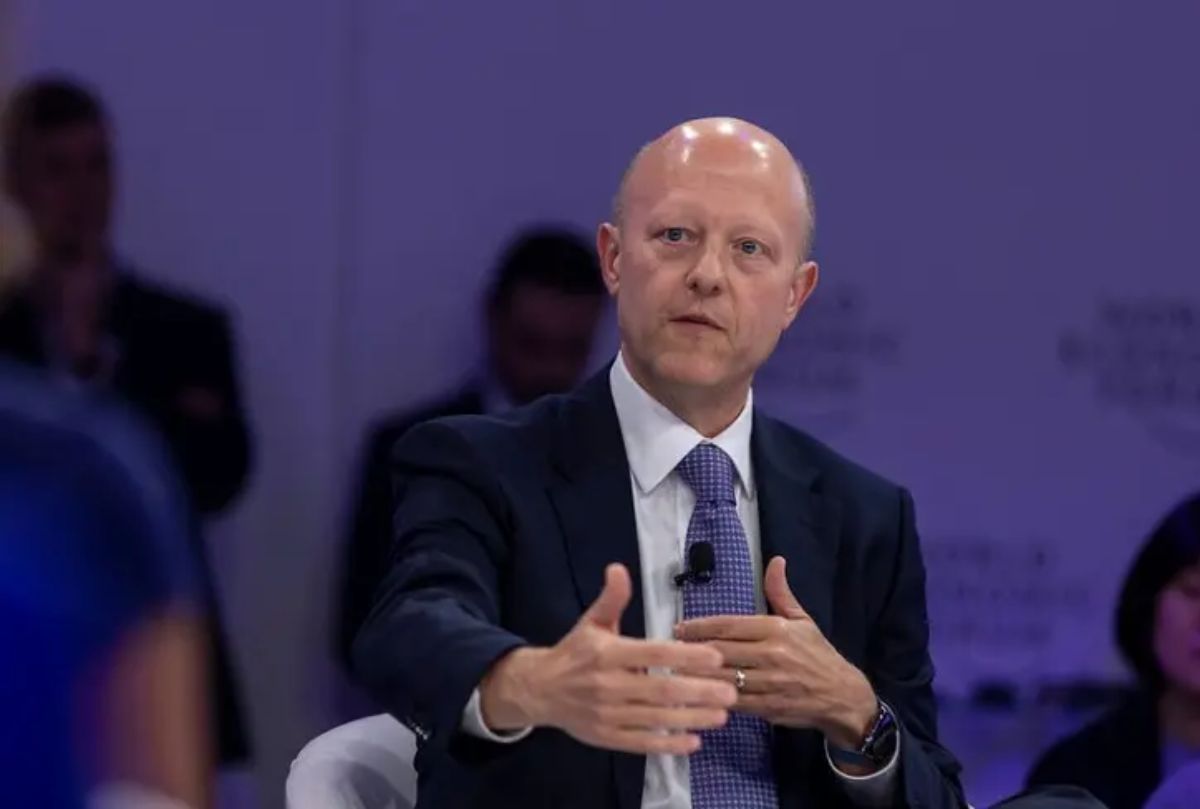Why Dubai is becoming a new hub for online trading companies?
It is not a secret that Dubai is a popular destination for many international companies including ones operating in the online financial trading sector. This is not a coincidence and reflects Dubai’s transformation from a regional trading hub to a global nexus for online financial services. Dubai’s specialized financial zones such as DIFC and ADGM offer a regulatory framework that is on par with major global financial centers around the globe. The regulatory landscape of Dubai also protects investors and financial traders, enforcing transparency and client safety on all financial companies, balancing attractiveness and robust standards. Low corporate taxes are also among the list of key benefits for operating from Dubai when fintech startups search for headquarters locations.
Let’s analyze why Dubai is so important for financial trading firms and how it achieved its current status.
Dubai is a major hub for online trading companies as well as traders who want to access markets with favorable conditions to invest or trade on financial markets. The number one reason for the city’s attractiveness lies in its well-designed regulatory environment and specialized zones.
The Dubai International Financial Centre (DIFC) was launched back in 2004 and functions under English common law. It is overseen by the Dubai Financial Services Authority (DFSA). Western financial firms that want to operate in the Middle Eastern markets can quickly and easily adapt to these laws as they mimic the English law which creates favorable conditions for businesses to thrive. The DFSA has a tiered licensing regime, covering all major financial services which enables online financial brokers to operate spot and derivatives platforms with clearly defined governance structures, that are recognized internationally.
Similar to DIFC, the Abu Dhabi Global Market (ADGM) is also a specialized zone, offering licenses for asset management, broker-dealers, and digital asset services. It was launched in 2015 and like DIFC grants 100% foreign ownership and has standalone judicial and arbitration centers, which creates very strong legal certainty for crossborder operators.
Together with these zones, the UAE also has its SCA, or securities and commodities authority which is a federal market regulator. All the laws and regulations are transparent and offer both companies and investors protection, low taxes, and favorable conditions to develop and grow. The SCA’s scope is outside of DIFC and ADGM, while the FSRA or the Financial Services Regulatory Authority oversees ADGM. So, these two zones create favorable regulatory conditions for online financial trading companies to offer their products without issues when they follow internationally recognized standards.
Recently, the UAE has significantly strengthened anti-money laundering and counter-terrorist financing. This was guided by Federal Decree-Law, making the country and Dubai also a very safe place for investing and trading. These laws ensure customers are protected and client money is kept in segregated bank accounts for financial companies to ensure traders’ money is in safe hands. The leverage is also limited for financial trading, which makes it difficult for beginners to blow up their accounts. It is mainly at 1:30 for Forex and CFDs trading under the DFSA laws, which is very conservative but also more than enough to control considerable trading and investment positions. Professional clients, unlike retail clients, can acquire up to 1:400 leverage for their Forex CFD trading, which is super high and flexible for seasoned traders with considerable budgets.
Low taxes were the second most important reason why Dubai became so popular among businesses that started to relocate their headquarters to Dubai. UAE has implemented a law recently (2023) where it introduced a federal corporate tax law at a 9% standard rate on taxable net profits above 375,000 AED. Profits below this threshold have no taxes, which is super useful for retail traders and small businesses. In recognized free zones such as DIFC and ADGM, the taxes are 0% corporate tax even on companies that cross the threshold on qualifying income. However, they must meet substance requirements. This makes it super attractive to have businesses legally registered in any of the two zones, and made Dubai super attractive. Abu Dhabi later followed suit with its creation of ADGM.
Starting January 1, 2025, the UAE implemented 1 15% domestic minimum top-up tax (DMTT) for large multinational entities with global revenues of at least 750 million euros. The government is planning to introduce R&D tax credits and high-value employment incentives, which include payroll rebates and depreciation allowances. This incentive will be subject to legislative approval in 2025-2026.
Within the GCC countries, the UAE has a 9% rate which is the lowest among major members. Saudi Arabia, for example, has a 15% corporate tax rate, while Kuwait and Oman impose 15% and 12% respectively. Bahrain, surprisingly has a 0% rate, but recent developments indicate it might raise the rates. When we compare Dubai and other GCC jurisdictions to the UK and EU, the rates are 25% and 24%, meaning Dubai has considerably lower corporate tax rates, which makes it super attractive for financial and other businesses.
The city is located at the crossroads of Europe, Asia, and Africa offering unparalleled time zone coverage for global markets, meaning financial trading companies that are incorporated in Dubai can attract clients from almost three different regions. Dubai offers not only favorable tax rates and a regulated environment but also high-speed internet and well-developed digital infrastructure. This is critical together with the strong regulatory framework as both financial traders and companies can deploy advanced platforms and automated trading systems.
Dubai has a VARA or Virtual Asset Regulatory Authority which was among the first to license crypto in the region and world. In 2024, VARA granted Binance a VASP license which enabled investors and traders to access digital markets. All this is possible by the strong support for fintech startups by the local authorities, promoting innovation and development in innovative finance technology.











